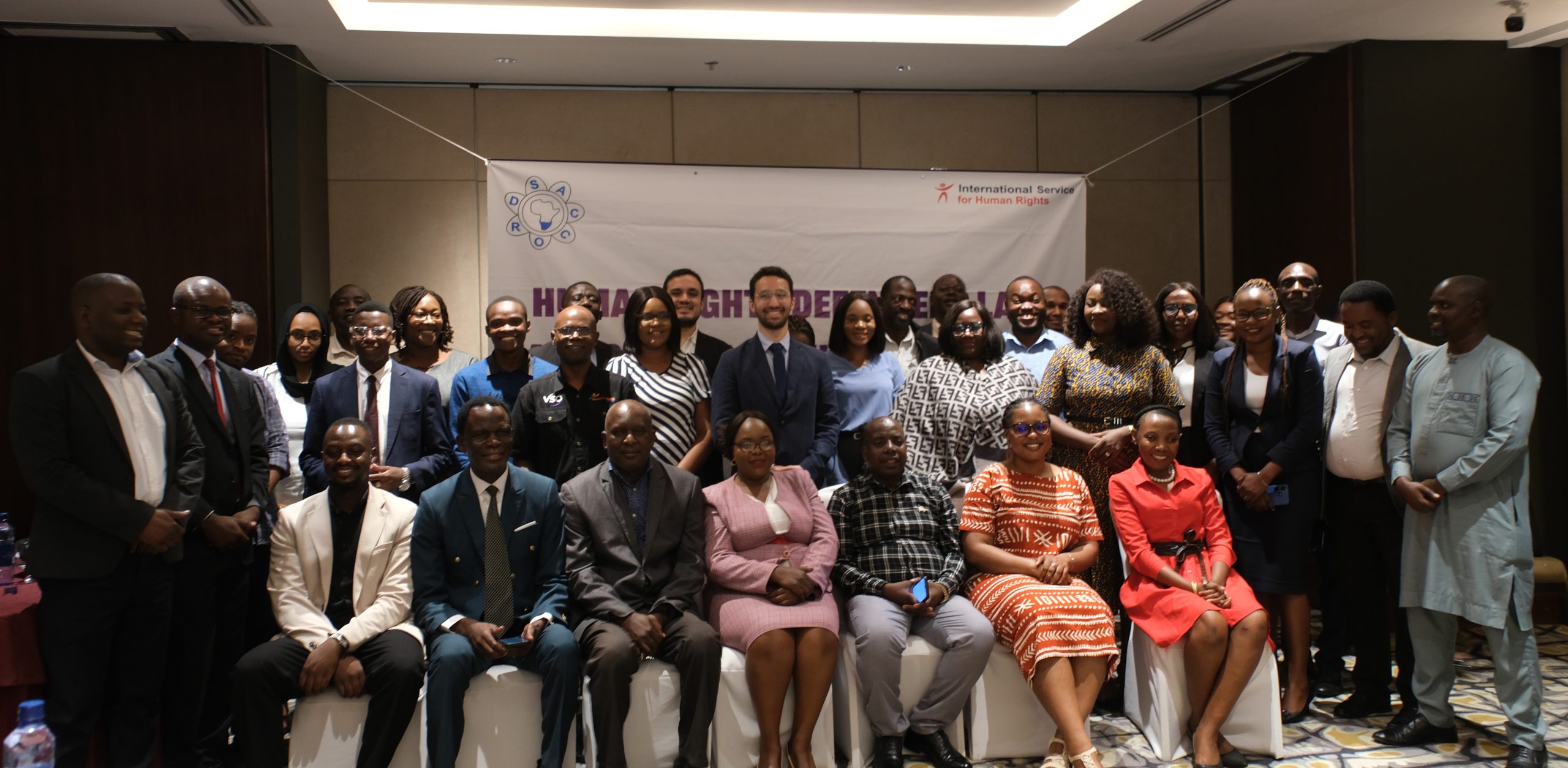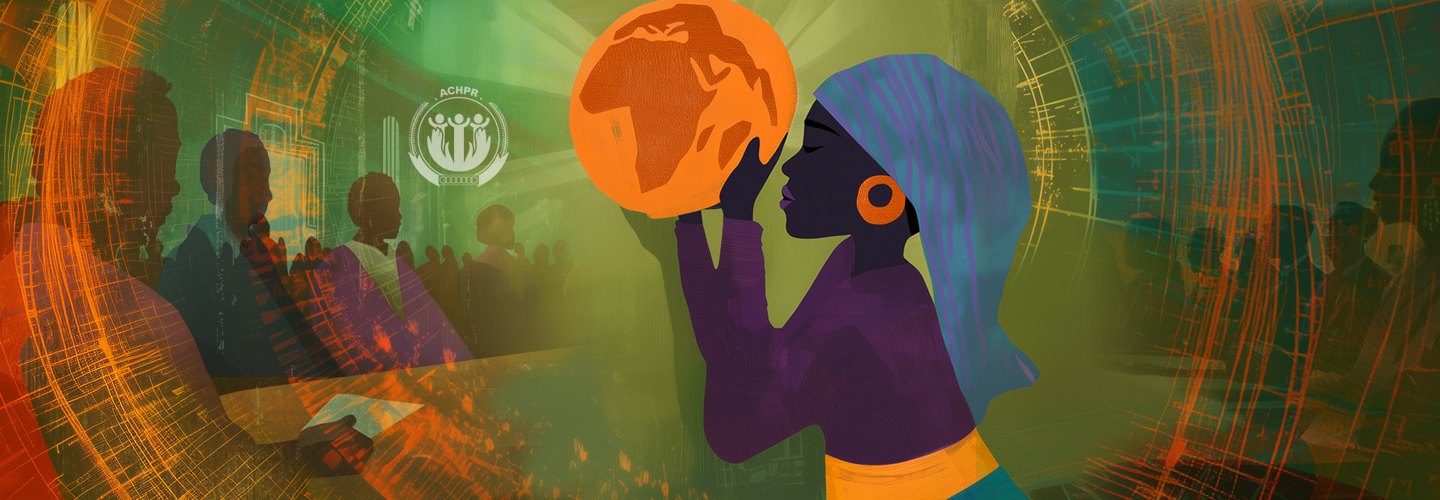(Update – 6 February 2015) – Recent efforts by ISHR to stop a measure that sought to censor reporting of a UN Committee that accredits non-governmental organisations have been successful. Several days after proposing a motion to withhold the names of countries that criticise or ask repetitive questions of NGOs in the coverage of meetings on the UN Committee that accredits NGOs, China announced that it would withdraw its proposal. This welcome result followed public advocacy by ISHR and supportive States, and resulted in wide press coverage of the issue, including a NY Times article.
UN spokesperson Stephane Dujarric confirmed that the UN coverage of the Committee on NGOs would continue to report on the stance of countries. ‘The UN will continue its standard practice in terms of how press releases are written for committee works, which summarises the position of different countries.’
China backtracked on its motion after ISHR and the United States expressed concerns, including on social media, that de-identifying the names of the States asking questions would obstruct transparency and openness at the UN and impede informed NGO engagement and input to the Committee. ISHR’s open letter to Committee members also highlighted the need for compliance by the Committee with its obligations in relation to the right to freedom of expression and association under ECOSOC resolution E/1996/31.
‘ISHR appreciates that China heeded our calls to maintain transparency and accountability in the Committee,’ said ISHR’s Michelle Evans. ‘The reporting on the Committee is crucial to help to ensure that States cannot hide behind anonymity in asking irrelevant or repetitive questions which have the purpose or effect of denying or deferring NGO accreditation.’
(New York) – The Committee on Non-Governmental Organisations, which is responsible for assessing NGO applications for accreditation and access to the United Nations, must resist moves by some Member States of the Committee to censor reporting of the Committee’s work, the International Service for Human Rights said in an open letter today.
For over twenty years, the UN Department of Public Information has reported publicly on the work of the Committee on NGOs, including by identifying which States asked particular questions or made particular comments about NGO applicants for consultative status. Such reportage is crucial to transparency and acountability in the Committee’s work and helps to ensure that States cannot hide behind anonymity in asking irrelevant or repetitive questions which have the purpose or effect of denying or deferring NGO accreditation.
ISHR is deeply concerned, therefore, by moves by some Member States of the Committee to censor UN DPI reporting of the Committee so as not to identify which State asked a particular question, made a particular comment or raised a particular objection.
‘Access to accurate and relevant information about the work of the Committee is essential to promote transparency and accountability in the Committee’s work and to facilitate informed NGO engagement and input to the Committee,’ said Eleanor Openshaw of the International Service for Human Rights.
In a recent report to the UN General Assembly, the Special Rapporteur on the Rights to Freedom of Association and Assembly, Maina Kiai, called on Member States of the Committee on NGOs to desist from ‘blocking accreditation applications with perpetual questioning and unilaterally vetoing applications’.
‘Access to information about the work of the Committee, including as to which country asked which question, is a basic principle of good governance. It is also necessary to ensure that the Committee complies with its obligations in relation to the right to freedom of expression and association and under ECOSOC resolution E/1996/31, which calls on the Secretary-General to ensure “wide and timely dissemination of information on meetings” and “distribution of documentation” in order to facilitate the broad-based participation of civil society,’ said ISHR’s Michelle Evans.
Background
The Committee on NGOs is tasked with considering the applications of NGOs for consultative status with the UN as well as the quadrennial reports submitted by NGOs already in consultative status. Consultative status provides NGOs with access to a range of fora at the UN, including the Human Rights Council, ECOSOC and its subsidiary bodies, and UN special events and conferences. The Committee makes recommendations to the Economic and Social Council (ECOSOC), which can either accept or overturn a decision.[1]
At the recent regular session in New York, from 26 January to 6 February and 13 February, the Committee approved 124 NGOs for consultative status to the UN, but deferred a further 176 applications to be reviewed again during the next session held in May 2015. Of the new applications that were reviewed this session, only 37.6% were recommended for status, while a mere 17% of applications that were deferred during previous sessions were recommended for status.
Of these repeatedly deferred applications, a majority are NGOs that work on sexual orientation and gender identity issues, women’s rights, reproductive and sexual rights, minority rights, caste, and human rights more generally.
The dysfunction of the Committee is rooted in the State membership. Repressive States such as Azerbaijan, Iran and Mauritania recently took seats alongside long-standing members China, India, Pakistan, Nicaragua, Russia and Venezuela for the period of 2015-2019. With this new composition, human rights NGOs will face greater challenges in obtaining consultative status for years to come.
Some of the organizations whose applications were once again blocked by the Committee were: Collectif des Families de Disparu(e) en Algerie (CFDA), the Geneva Institute for Human Rights (GIHR), International Dalit Solidarity Network (IDSN), Iran Human Rights Documentation Center (IHRDC), Institute for Human Rights and Business Limited, Asia Center for Human Rights (ACHR), Freedom Now, the Child Rights Information Network (CRIN), and the Bureau International Pour le Respect des Droits de l’homme au Sahara Occidental, The Center for Constitutional Rights, Access Now and the Youth Coalition for Sexual and Reproductive Rights.
In more positive developments, the Committee recommended consultative status for a few NGOs that have been deferred during previous sessions, including Comité Permanente por la Defensa de los Derechos Humanos and the Fundación Centro Latinoamericano de Derechos Humanos.
Sudan requested to postpone the review of The Global Network for Rights and Development (GNRD)’s application after the United States and Israel posed questions regarding the financials of the organisation and expressed concerns about the director. In response, the US requested that the review of another organisation, Freedom Now, be postponed as well, especially considering that Freedom Now’s application was older than GNRD’s. When GNRD came up for review later in the session, it was recommended for status after Sudan called for a vote on the organisation’s application. Azerbaijan, Burundi, China, Cuba, Guinea, India, Iran, Mauritania, Nicaragua, Pakistan, Russia, South Africa, Sudan, Uruguay, and Venezuela voted in favor of recommended status, with only Israel and the United States voting against. Greece and Turkey abstained from voting. No action was taken on Freedom Now’s application, meaning that it was deferred once again. However, the delegate from the US said her delegation is preparing to take action on this application in the 2015 resumed session in May.
The next resumed session of the Committee on NGOs will be held in New York City from 26 May to 3 June.
[1] ECOSOC meets in April and July.



